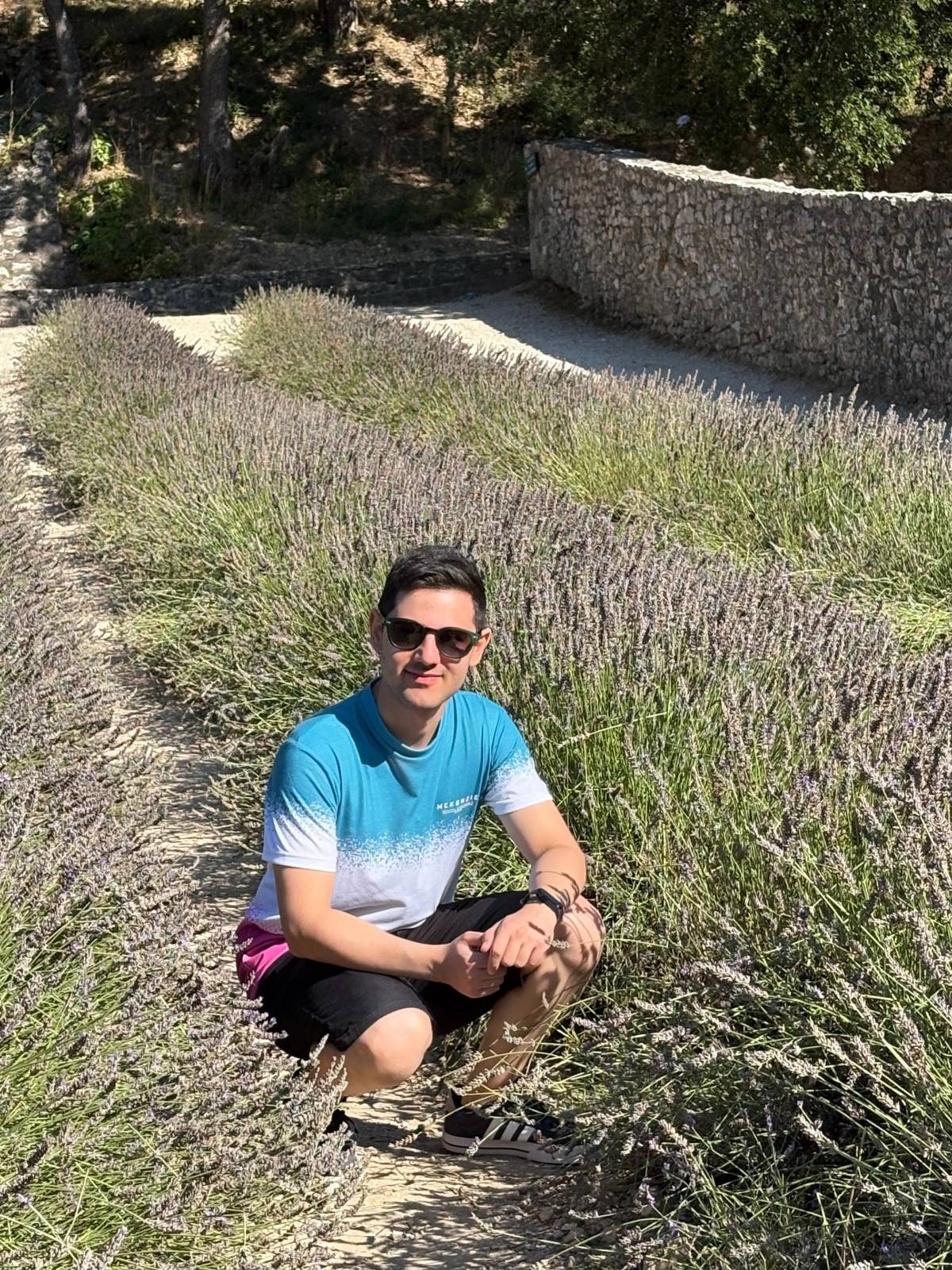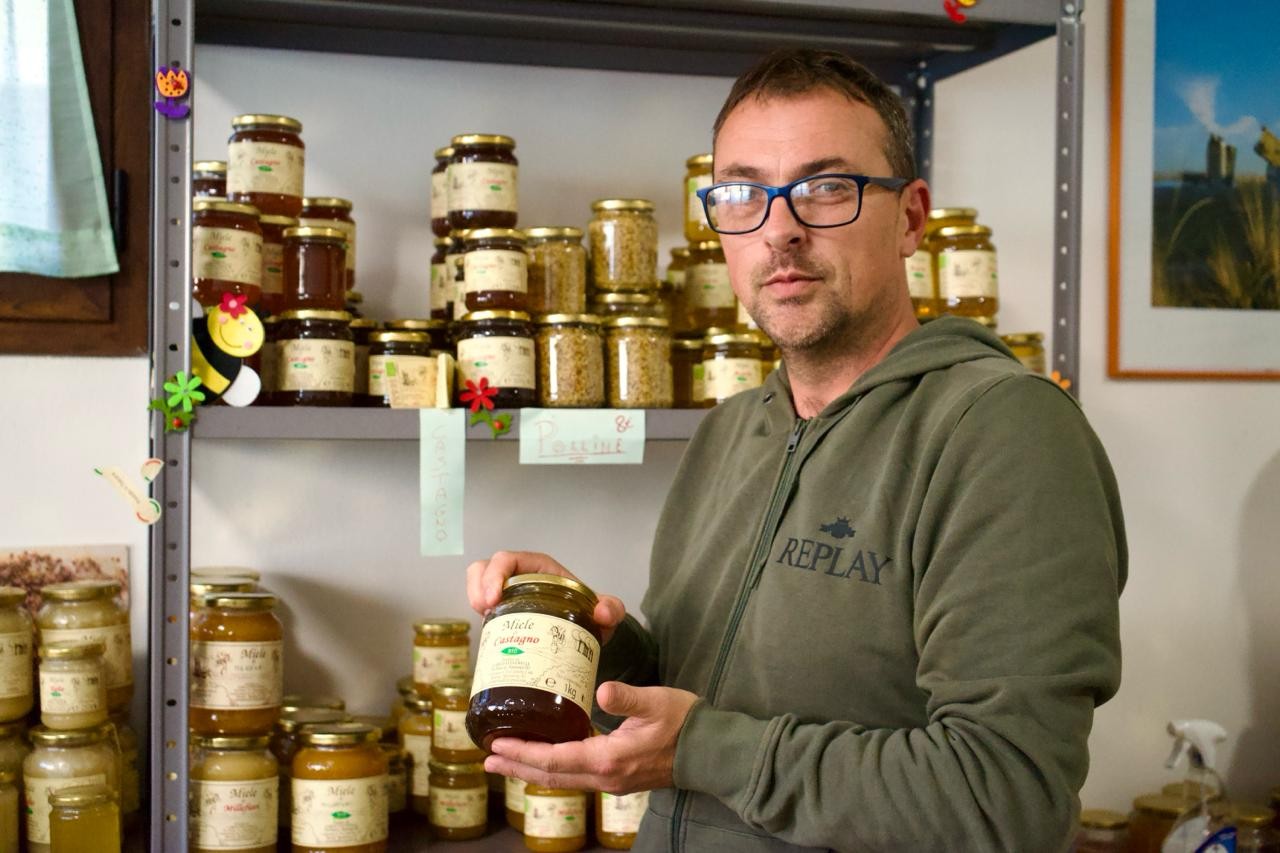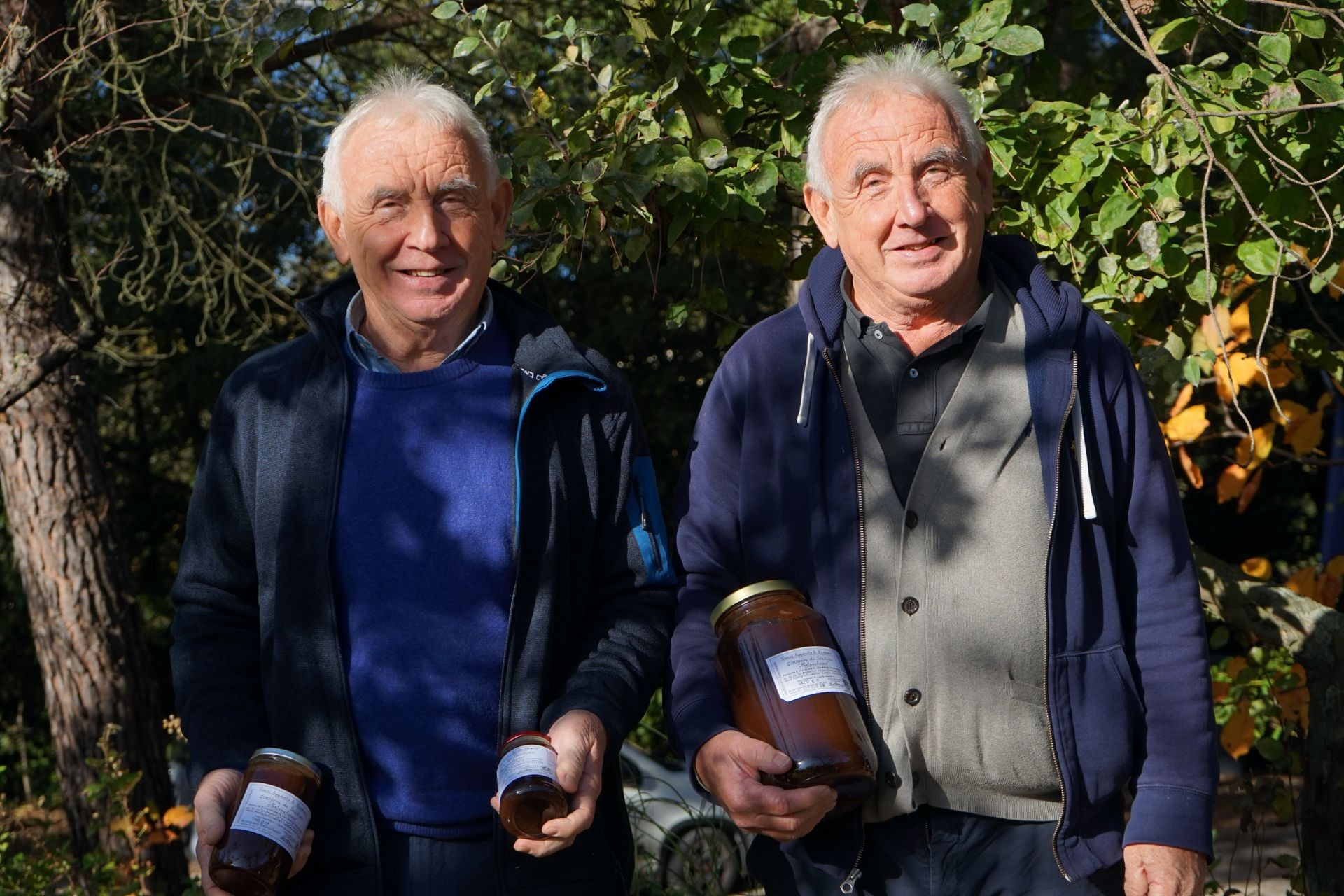Local Ambassador Stories: Sara Passerini, Torrita di Siena
Farming today in the Valdichiana Senese, between tradition and innovation
The Azienda Agricola Passerini tells a story that weaves together family heritage, agricultural innovation, and biodiversity. This is the foundation of the new series of interviews with Local Ambassadors — young guardians who reinterpret their territory with creativity, entrepreneurship, and innovation. Leading this farm is Sara Passerini, a descendant of Napoleone Passerini, an agronomist and nobleman from Cortona at the end of the 19th century, who contributed to the selection of the Chianina cattle breed and of wheat varieties still cultivated today.
Sara took up this legacy in 2013, deciding to convert the farm to organic and to embark on a path that combines tradition and research. “I didn’t come from an agricultural background, but from political science and experiences in international cooperation. I learned in the field, supported by agronomists and a community of passionate farmers.”
Evolutionary Populations: A Living Heritage
At the heart of her activity is the Path of Evolutionary Populations, a project that brings grain biodiversity into the fields. Thanks to her encounter with Rete Semi Rurali, Sara discovered the work of geneticist Salvatore Ceccarelli, who in Aleppo, Syria, developed a method of crossbreeding thousands of wheat and barley varieties to create populations capable of adapting to the environment in which they grow.
These seeds, in fact, evolve year after year, responding to climate conditions, soil, and farming practices. “In my own field, they change depending on the year, on the weather, on the timing of sowing. So even within the same farm, they are different from year to year — and even more so from one farm to another. There's no population that’s better than another — each one reflects its specific territory, and comparing with other producers shows just how much they change. I can say that my product is deeply characteristic of Torrita di Siena.” A key aspect is that these seeds cannot be patented: the farmer remains their custodian, putting the value of agricultural labor back at the center.
Diversity is good
“Moreover, this diversity shows us that being mixed, varied, blended brings something good: beauty, quality.” Biodiversity is not just a scientific concept, but a value for health and food quality. The different types of gluten present in evolutionary populations make the flours more digestible and better tolerated by people with gluten sensitivities (excluding celiac disease). Visitors to the farm, especially in the spring months, are enchanted by the fields: ears of grain of different heights, shapes, and colors showcase this extraordinary natural variety — a landscape that surprises and sticks in the memory.
A Community of Farmers and Producers
“The seed population brought by Ceccarelli also created a human population of farmers, who have been collaborating and carrying the project forward together for many years. For me, that’s very important, because working together is essential for growing and building something meaningful for ourselves and for others.” Collaboration is a cornerstone that also extends into the local area, with other local businesses and organic producers who are committed to creating high-quality products.
The Local Ambassador’s Favorite Place
"Apart from my farm, the Pietraporciana Nature Reserve — a place to regenerate and elevate yourself. My fields are down in the valley, while the Reserve is located high up, far from everything, and allows you to disconnect from daily problems and uplift your spirit".











